Choosing the Right Clock Synthesizer for Precise Timing in Electronic Designs
Introduction
In today's fast-paced world of electronics, precise timing is crucial for the optimal performance of electronic devices. Clock synthesizers play a pivotal role in generating stable and accurate clock signals that synchronize various components within a system. Whether it's a high-speed data communication network, an industrial automation setup, or an automotive electronics system, selecting the right clock synthesizer is essential to ensure smooth operations and reduce timing errors.
Understanding Clock Synthesizers and Their Importance in Electronic Designs
What is a Clock Synthesizer?
A clock synthesizer, also known as a clock generator, is an electronic circuit that produces precise clock signals with specific frequencies. These signals are utilized by different components within an electronic device to coordinate their operations and ensure smooth data flow. Clock synthesizers are used in a wide range of applications, including microprocessors, communication systems, data storage devices, and more.
The Role of Clock Synthesizers in Electronic Devices
Clock synthesizers act as the heartbeat of electronic systems, providing synchronization and timing reference for various functions. They ensure that data transfers occur at the correct intervals and that all components within the system work together harmoniously. By maintaining proper timing, clock synthesizers prevent data corruption, reduce jitter, and enable seamless communication between different parts of the electronic device.
Importance of Precise Timing in Electronic Designs
In electronic designs, timing is everything. A slight timing error can lead to significant data discrepancies, causing system failures and reduced performance. Precise timing is especially critical in high-speed communication networks, where data must be transmitted and received accurately within tight time frames. Clock synthesizers ensure that electronic devices operate at their optimal performance levels, meeting stringent timing requirements and enhancing overall system efficiency.
Factors to Consider When Choosing a Clock Synthesizer
Selecting the right clock synthesizer for a specific electronic design requires careful consideration of various factors. Let's explore the key aspects that engineers and designers need to take into account:
Frequency Range and Stability
The frequency range of the clock synthesizer should align with the specific needs of the electronic system. Whether it's high-frequency applications or low-power devices, choosing a clock synthesizer with the appropriate frequency range and stability is essential for precise timing.
Output Options and Configurability
Different electronic designs may require varying numbers of clock outputs. Some clock synthesizers offer multiple output options, allowing for flexibility in configuring the system. Engineers must consider the number of clock outputs needed and ensure that the synthesizer can accommodate their requirements.
Jitter Performance
Jitter refers to the variation in the timing of clock signals. High jitter can lead to data errors and reduced system performance. Choosing a clock synthesizer with low jitter performance is vital, especially in applications where data accuracy is paramount.
Power Consumption and Efficiency
Power consumption is a critical consideration in modern electronic designs, particularly in portable devices and battery-powered systems. Clock synthesizers with low power consumption contribute to energy-efficient designs and extended battery life.
Package and Footprint
The physical size of the clock synthesizer and its footprint on the PCB (Printed Circuit Board) is crucial, especially in space-constrained designs. Engineers should select a clock synthesizer that fits within the available space while meeting all the necessary requirements.
Clock Synthesizer Integration and Compatibility
Integrating the clock synthesizer with other electronic components is essential for seamless functionality. Compatibility with different communication protocols and interfaces ensures that the synthesizer can synchronize effectively with the entire system.
Clock Synthesizer Programming and Configuration
Software tools play a significant role in programming and configuring clock synthesizers. Engineers should consider the availability of user-friendly software interfaces that allow easy customization and control of the clock synthesizer's parameters.
Reliability and Long-Term Performance
For mission-critical applications, the reliability of the clock synthesizer is of utmost importance. Engineers must assess factors like Mean Time Between Failures (MTBF) and product lifetime to ensure the longevity and performance of the chosen synthesizer.
Cost and Budget Constraints
While selecting a clock synthesizer, engineers must balance the performance and features with budget constraints. Evaluating the total cost of ownership over the product's lifetime helps in making an informed decision.
Application-Specific Considerations
Different applications have unique timing requirements. Engineers should explore clock synthesizers specifically designed for their application domain. For instance:
· In high-speed data communication networks, clock synthesizers with ultra-low jitter are critical for reliable data transmission.
· Industrial automation systems often require robust and highly integrated clock solutions to ensure precise coordination among various sensors and actuators.
· Automotive electronics demand clock synthesizers capable of withstanding harsh environmental conditions and temperature fluctuations.
Case Studies: Real-Life Examples of Clock Synthesizer Selection
Case Study 1: IoT Device Timing Requirements
In this case study, we explore how an IoT device manufacturer selects the appropriate clock synthesizer to meet the timing requirements of their smart sensors and data transmission modules.
Case Study 2: 5G Communication System Clock Synchronization
Here, we delve into the critical role of clock synthesizers in 5G communication systems, ensuring seamless synchronization across multiple devices and base stations.
Case Study 3: FPGA-based Prototyping System
FPGA-based prototyping systems demand clock synthesizers with high configurability and precision. We analyze how the right clock synthesizer enhances the prototyping process.
How Clock Synthesizers Impact Overall System Performance
Clock synthesizers have a significant impact on the overall performance of electronic systems:
· By reducing timing errors and data corruption, clock synthesizers improve the reliability and accuracy of data transfers.
· Enhanced signal integrity and reduced jitter result in smoother communication and fewer disruptions in the system.
· Clock synthesizers enable synchronization in complex systems with multiple components, ensuring seamless coordination and operation.
Future Trends in Clock Synthesizer Technology
As technology advances, clock synthesizers are expected to undergo further improvements:
· Advancements in jitter reduction techniques will lead to even more precise timing in electronic designs.
· Integration with AI and machine learning algorithms will enable clock synthesizers to adapt dynamically to varying system requirements.
· Emerging applications and expanding markets will drive the development of specialized clock synthesizers for diverse industries.
Conclusion
In conclusion, choosing the right clock synthesizer is crucial for achieving precise timing in electronic designs. Engineers must consider factors like frequency range, jitter performance, power efficiency, and integration capabilities to make informed decisions. By carefully selecting the appropriate clock synthesizer, electronic devices can operate optimally, ensuring seamless data flow and reliable performance.
Subscribe to Us !
-
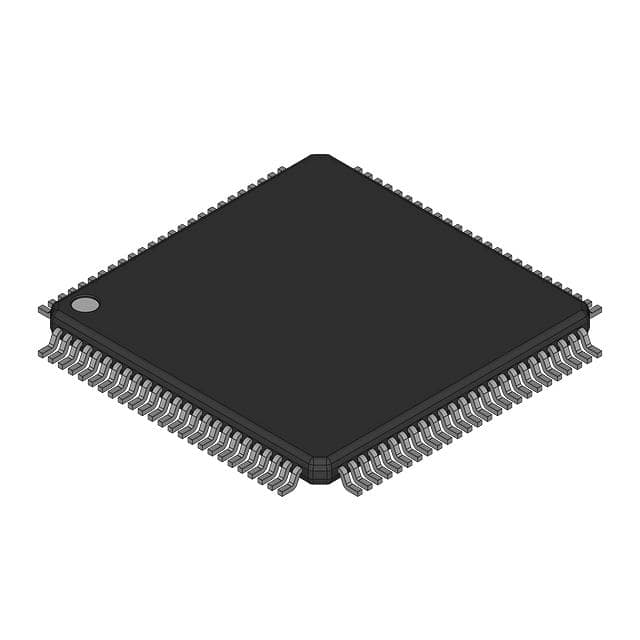 LV71081E-MPB-E
LV71081E-MPB-Eonsemi
-
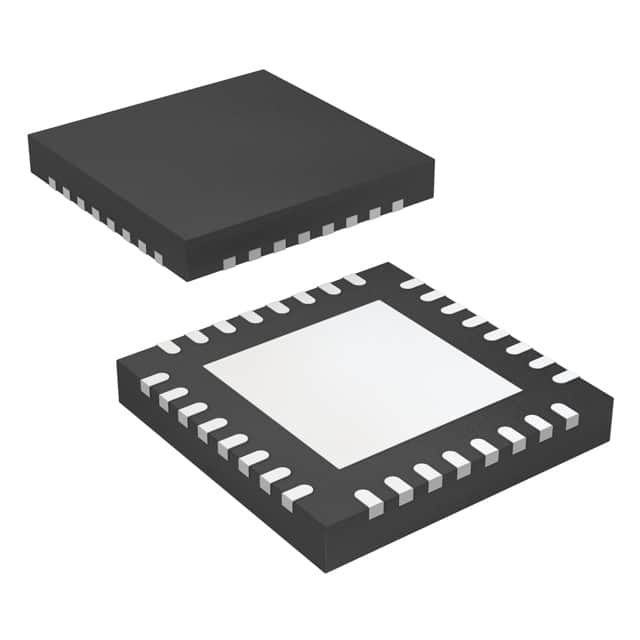 LMK00334RTVRQ1
LMK00334RTVRQ1Texas Instruments
-
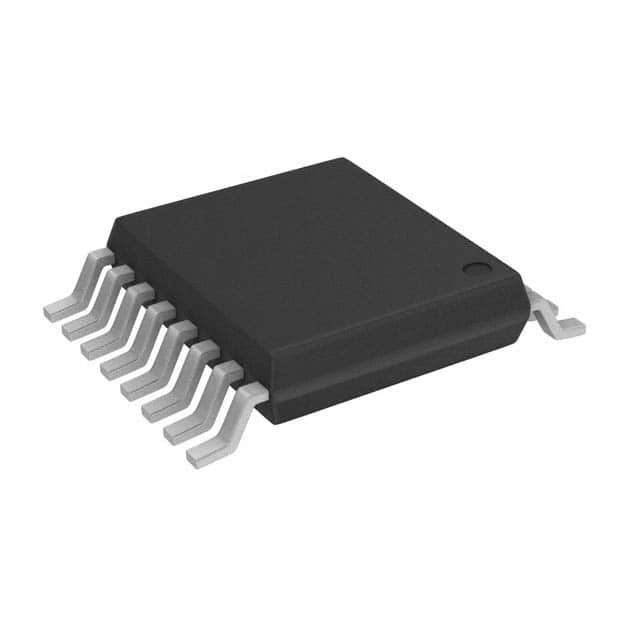 PI6C557-03LEX
PI6C557-03LEXDiodes Incorporated
-
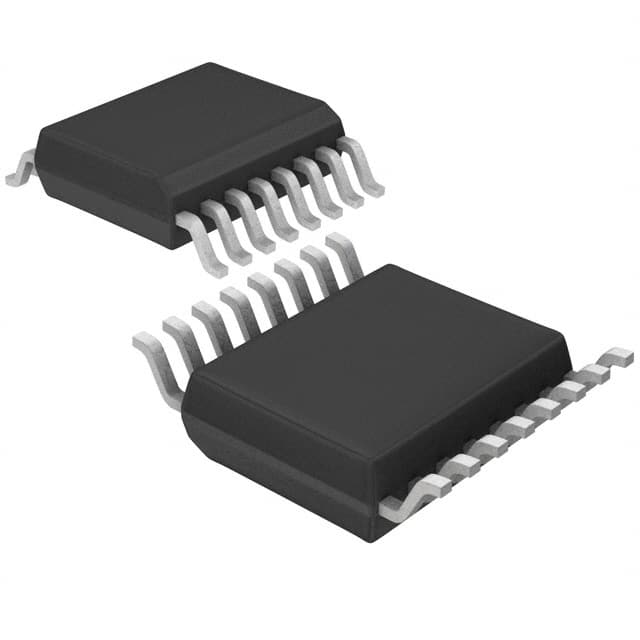 PCM1753DBQR
PCM1753DBQRTexas Instruments
-
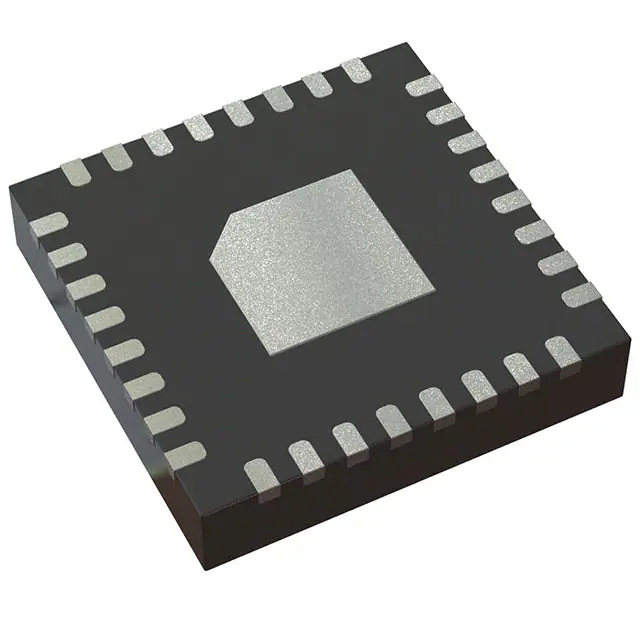 ADS1204IRHBT
ADS1204IRHBTTexas Instruments
-
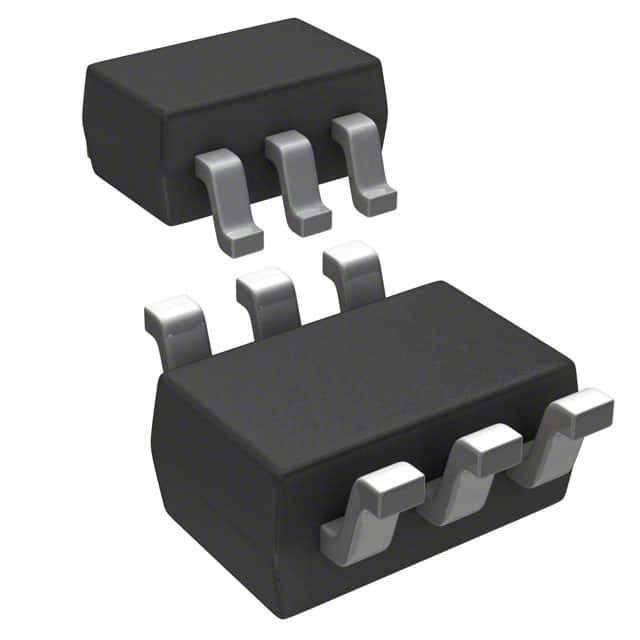 MCP4018T-104E/LT
MCP4018T-104E/LTMicrochip Technology
-
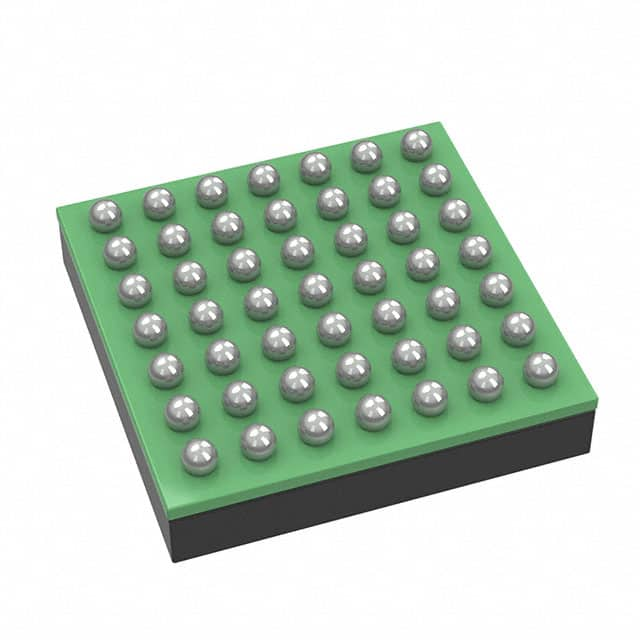 T4F49C2
T4F49C2Efinix, Inc.
-
.jpg) A40MX02-PLG44
A40MX02-PLG44Microchip Technology
-
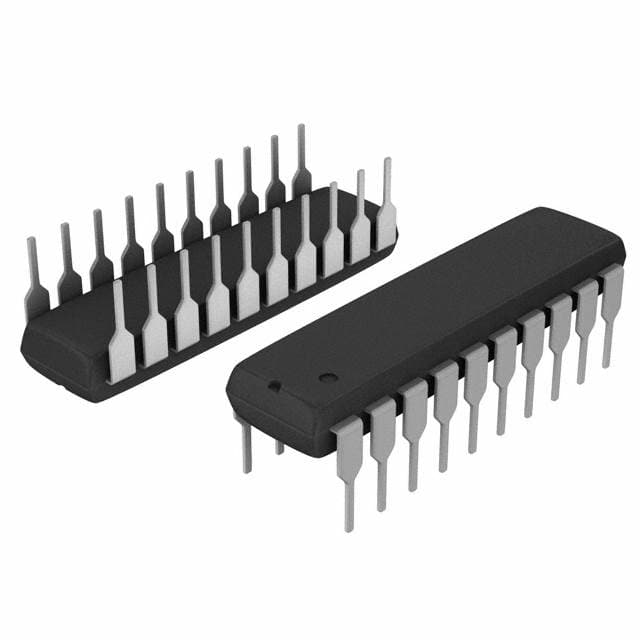 ATF16V8C-7PU
ATF16V8C-7PUMicrochip Technology
-
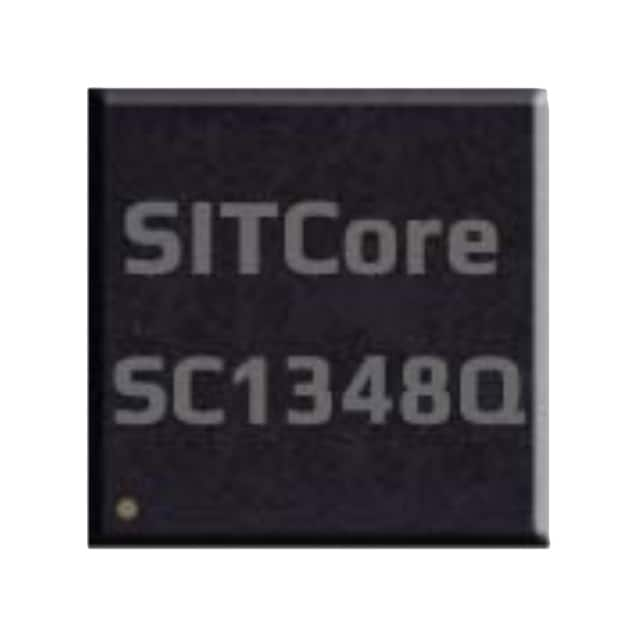 SC-13048Q-A
SC-13048Q-AGHI Electronics, LLC

